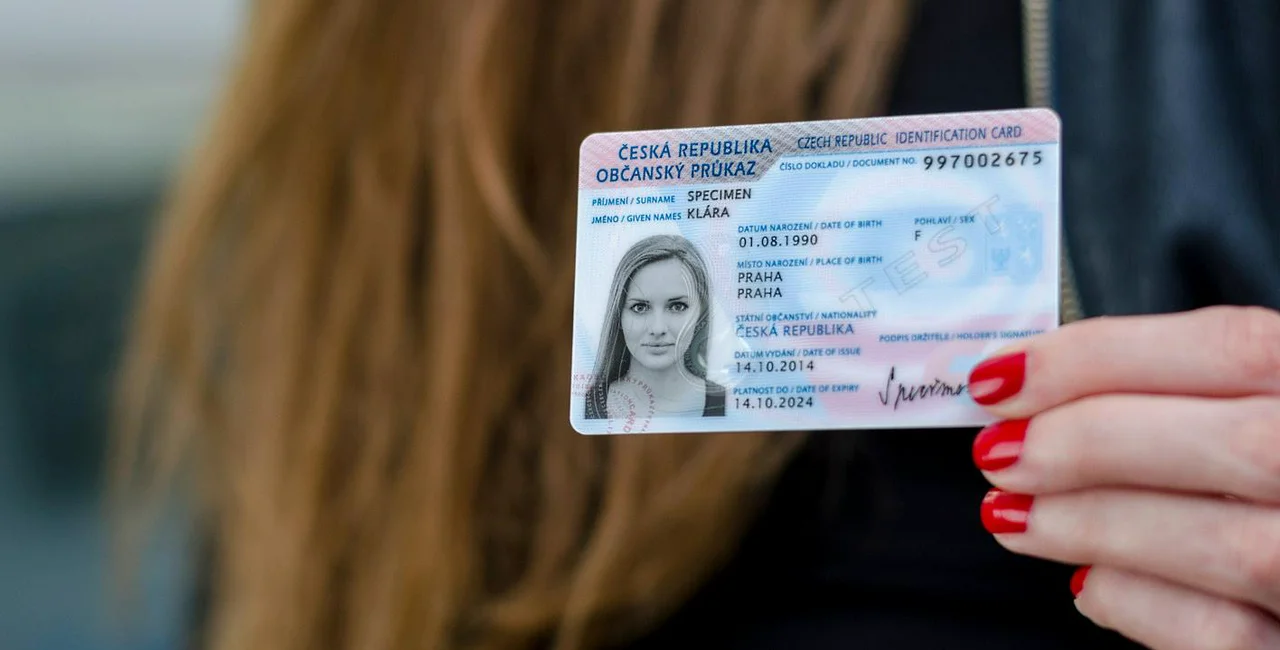Women in the Czech Republic could stop having to use the -ová ending on their last names, if a new proposal makes its way through the Parliament. Another proposed change would make listing gender on ID cards for Czech citizens optional.
Lower house Deputy Helena Válková (ANO), who is also on the Government Commissioner for Human Rights, introduced the proposal to make the -ová ending optionla during discussion on amending the Act on Identity Cards. She prepared the proposal in cooperation with Deputy Ondřej Profant (Pirates).
The law, which should be adopted by the beginning of August, would put ID cards for Czech citizens in line with European Union directives for biometric data. It also offers a chance to make other changes not required by the EU.
Should women be able to drop the -ová suffix?
Válková claims that is a myth that women have always had to add the suffix to their names. She stated that until 1945 there was no legal requirement.
Under her proposal, all women in the Czech Republic would be able to apply for the registration of their surname in the unaltered form. Parents could also ask for the last names of their female children to be registered without the -ová suffix.
“Let us give free choice to all those who want their surname to be intact,” Válková said.
The written justification for the proposal said that women have their own subjective reasons for choosing the method of entering surnames on their ID cards. Their reasoning should not be assessed by the state, and the state should not create “illegitimate obstacles to free choice” in relation how to register women’s surnames.
Feminist groups have long argued that the -ová ending makes women seem like they are the possessions of their husbands, as it is closely releated to the possessive case in Czech grammar. A STEM/MARK poll in 2019, though, showed that a majority of both Czech men and women favored keeping the ending, while only 33 percent thought it should be optional and 7 percent thought it should be canceled completely.
There are already several exceptions to the law requiring the -ová suffix. Currently, requests for an unaltered surname are now granted by the registry office in the cases involving foreigners, citizens who have or will have a permanent residence abroad, citizens whose husband is a foreigner or whose partner is a foreigner, or if the woman has a national identity other than of Czech.
Should gender be optional on ID cards?
She prepared the proposal in cooperation with Parlamentary Deputy Ondřej Profant (Pirates), who would like to také the changes even further. During the discussion of the amendment, he suggested that the gender of the applicant should not be stated at all in the identity card, or its listing could be optional.
“The gender shown in the national ID card does not help to identify their holders in practice. Sometimes it is just the opposite, when the appearance of people does not correspond to the common idea of men and women, and as a result unnecessary misunderstandings arise,” Profant said.
The amendment to the ID card law was in its second reading, when deputies can submit amendments. The Chamber of Deputies should vote on the final form of the amendment in June. Then it will go to the Senate, the upper house of the Czech Parliament, for approval. The final step would be a signature from the president.












 Reading time: 2 minutes
Reading time: 2 minutes 


























